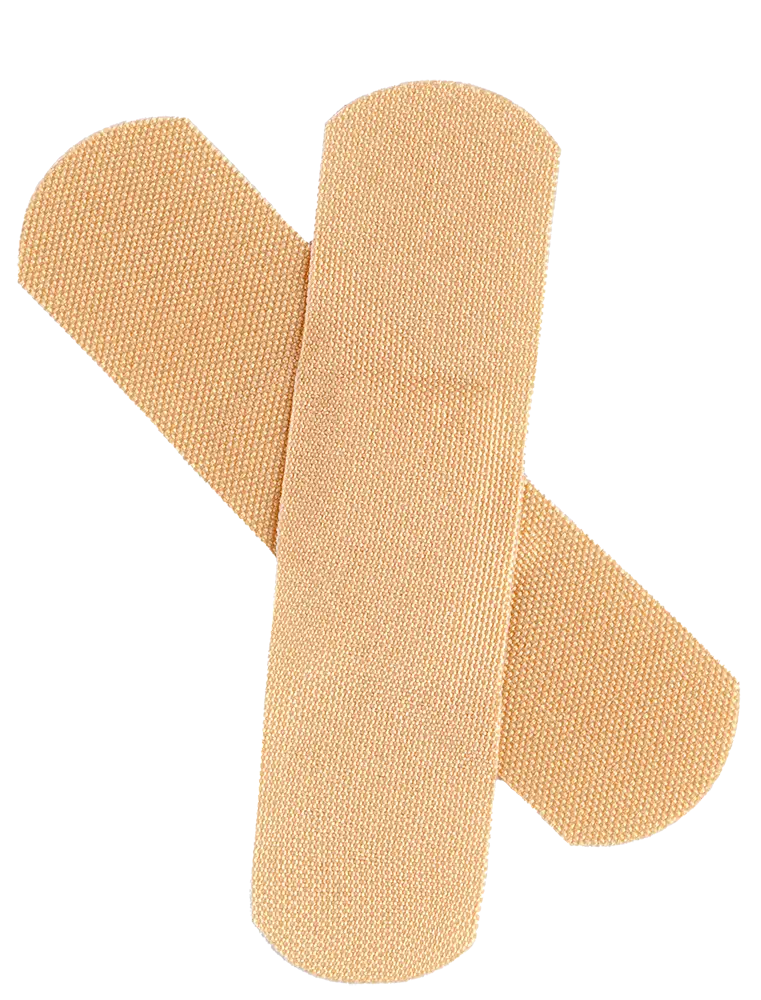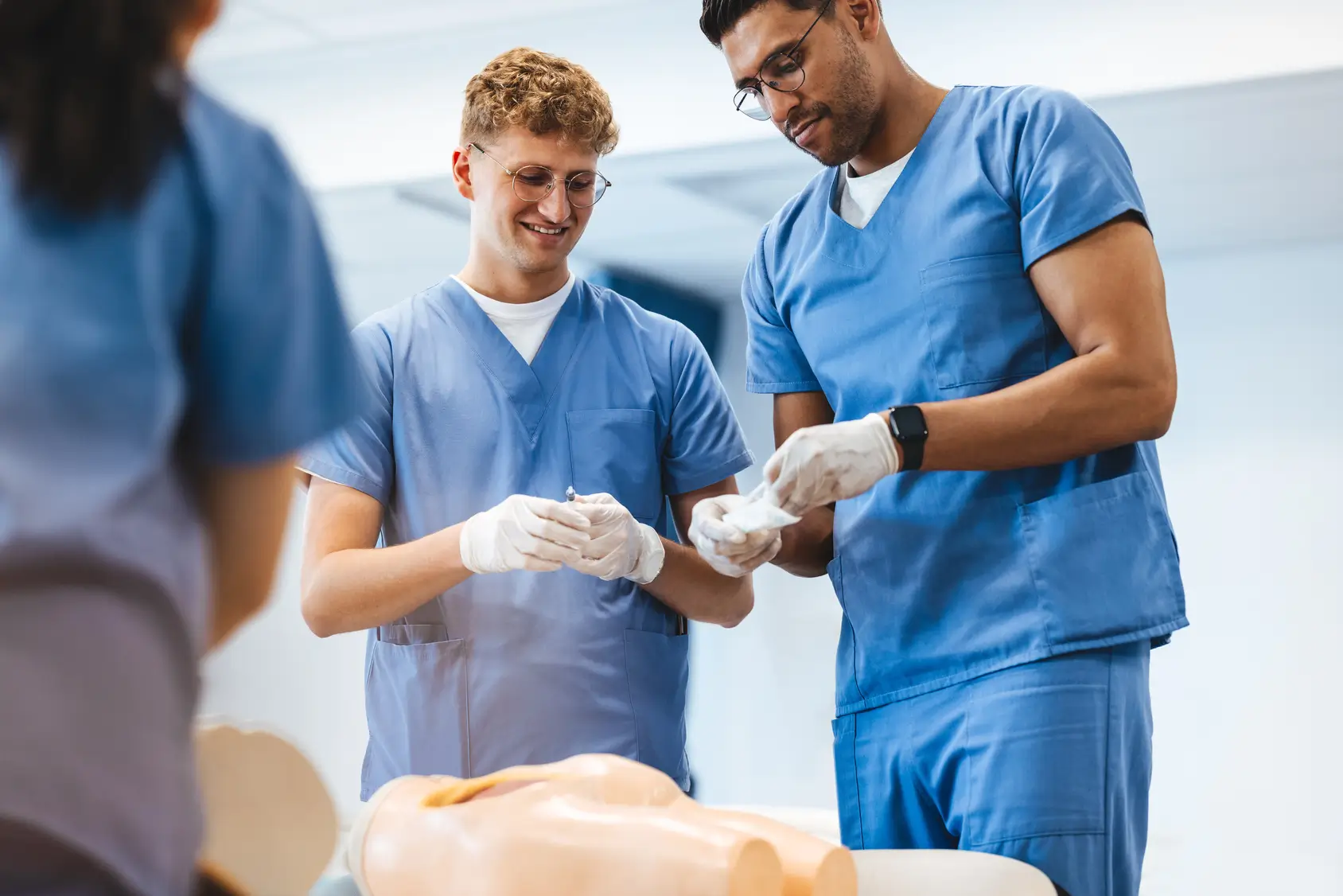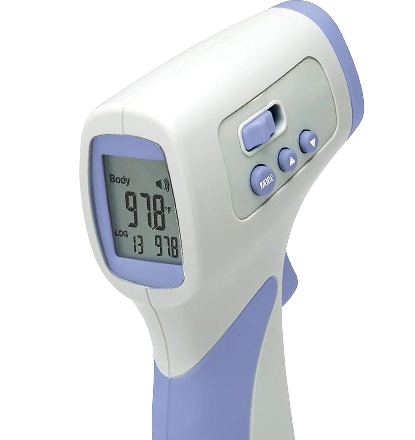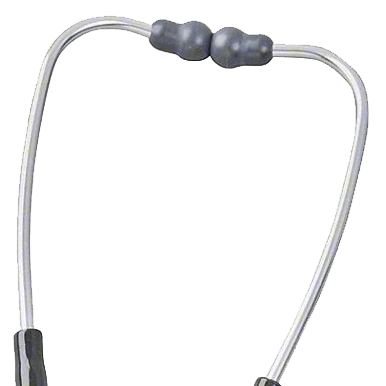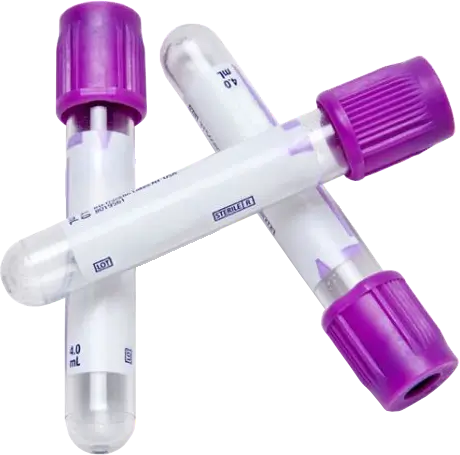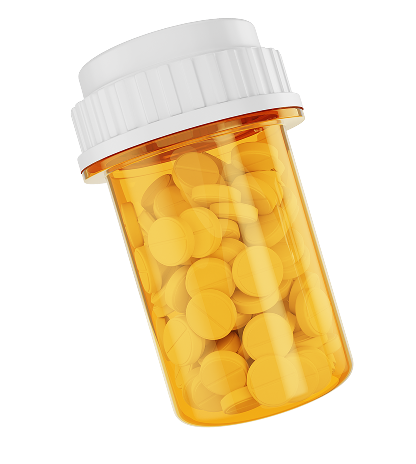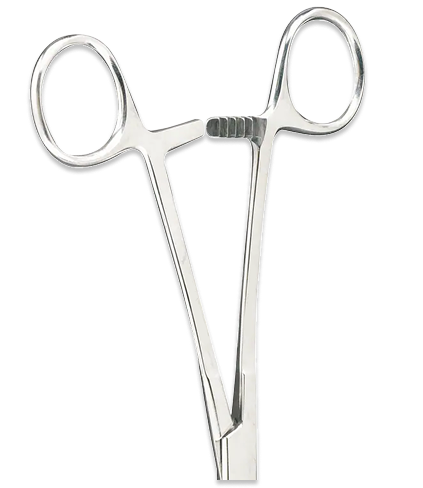What is a Medical Assistant (MA)?
MAs play a key role in keeping healthcare practices and departments running smoothly, performing both administrative and clinical tasks in order to support care teams. MAs often greet patients and ready them for examination or treatment by a physician or other provider.
MA Career Path
Because Medical Assistants (MAs) fulfill a wide array of responsibilities, beginning your healthcare career as a Medical Assistant Apprentice can help pave the way to a variety of career tracks within medicine.
MA Apprentices who uncover a passion for administrative tasks and record-keeping may pursue a career in clinical support, whereas those who favor patient care activities may want to become a Certified Medical Assistant or explore nursing roles like becoming a Licensed Practical Nurse (LPN) or Registered Nurse (RN).
Program Details
Singing River Healthcare Academy’s Medical Assistant Apprenticeship combines classroom study, clinical training, mentoring, and work-based learning to prepare our apprentices for professional certification and their healthcare career.
In this two year program, you will complete classroom and clinical learning, receive 18 months of on-the-job training, and prepare for professional certification exams.
Phlebotomy Certification
Phlebotomy, including how to draw blood, label specimens, and follow safety protocols, is part of the clinical skills taught in the MA Apprenticeship Program. Our MA apprentices are also eligible to sit for their national Phlebotomy Tech certification. This certification increases an MA’s job opportunities and ability to work in specialized roles.
Requirements
Applicants must have at least one year of patient care experience. If you don’t have patient care experience, the CNA apprenticeship is an entry-level program that will help you meet the qualifications.
What You’ll Learn How to Do
Real Clinical Skills & Patient Care
- Take patient histories and measure vital signs
- Assist in patient examinations
- Administer medications
- Perform First Aid and respond to emergencies
- Draw blood and handles specimens
Administrative & Office Operations
- Manage patient records and medical coding
- Navigate the revenue cycle and insurance billing
- Communicate professionally in front-office roles
- HIPAA compliance and patient confidentiality
Infection Control & Safety
- Understand the principles of infection prevention and proper PPE use
- Maintain a clean, safe, and compliant clinical environment
Advanced Topics to Set You Apart
- Gain exposure to minor surgical procedures and radiology
- Learn cardiology and rehabilitation care basics
- Explore healthy living education and chronic condition management
- Build workplace readiness and office management skills
What You’ll Walk Away With
- Eligibility to take the National Certification Exams through AMT
- The skills to assist with both clinical and administrative tasks in a healthcare setting
- Hands-on training that prepares you for jobs in doctors’ offices, urgent care clinics, hospitals, and specialty practices
- A strong foundation in medical terminology, anatomy, and patient-centered care
- Confidence, professionalism, and real experience to launch a healthcare career
